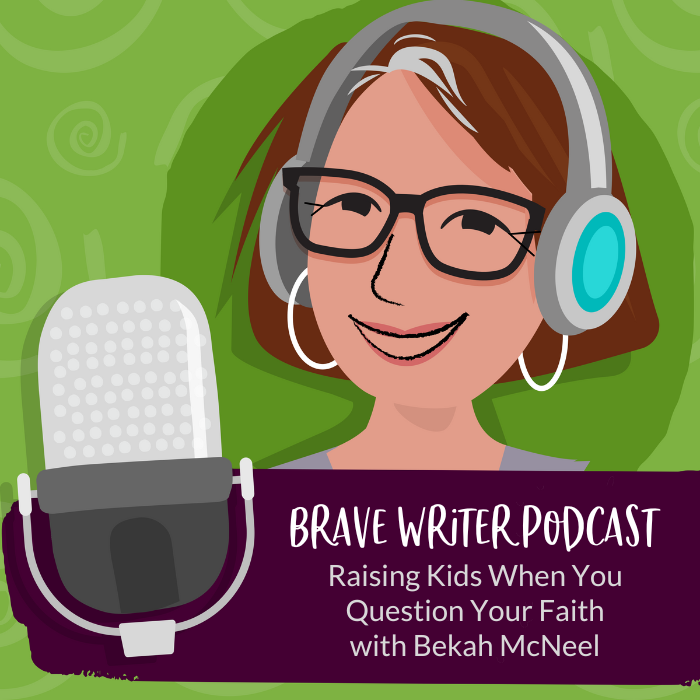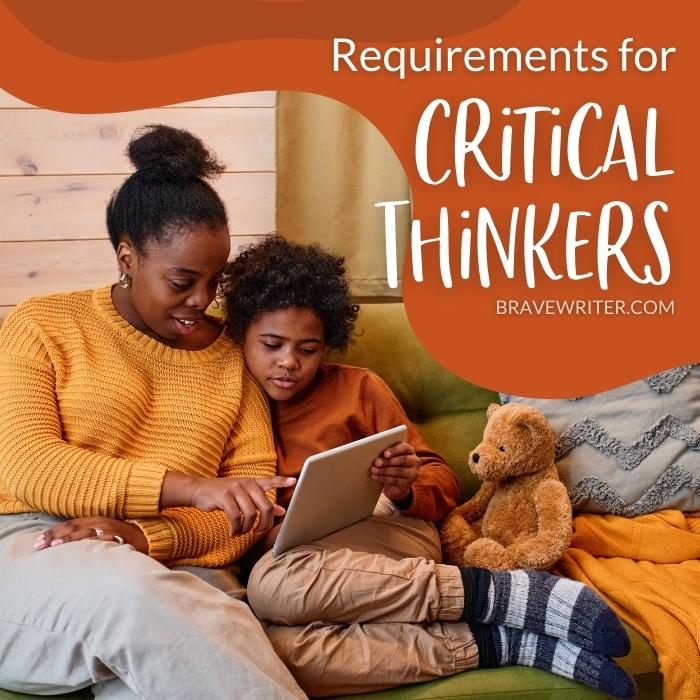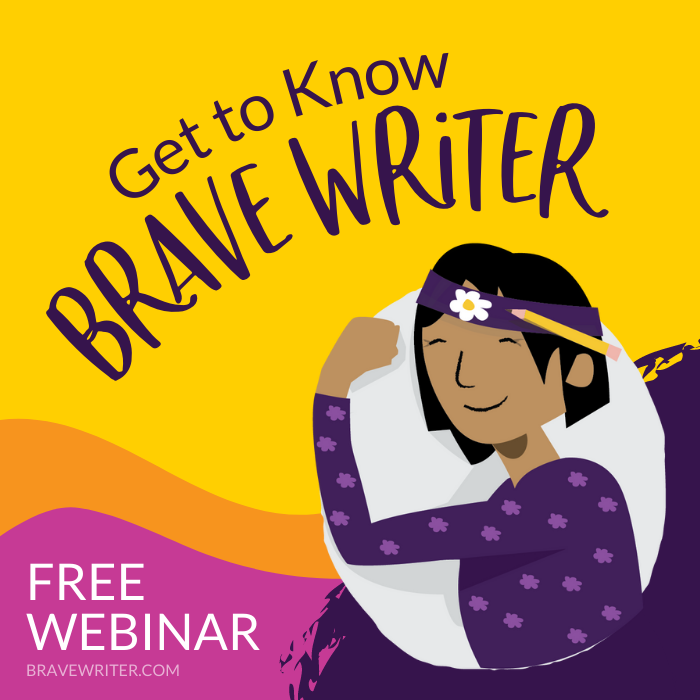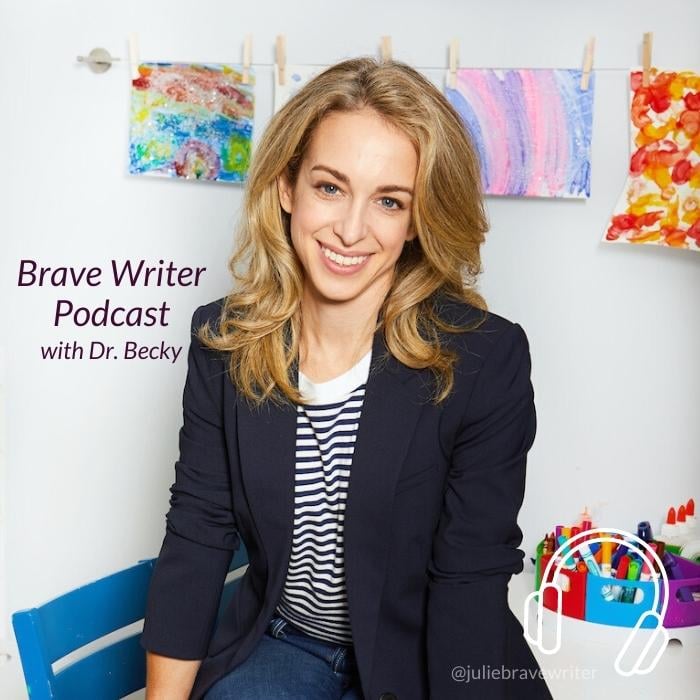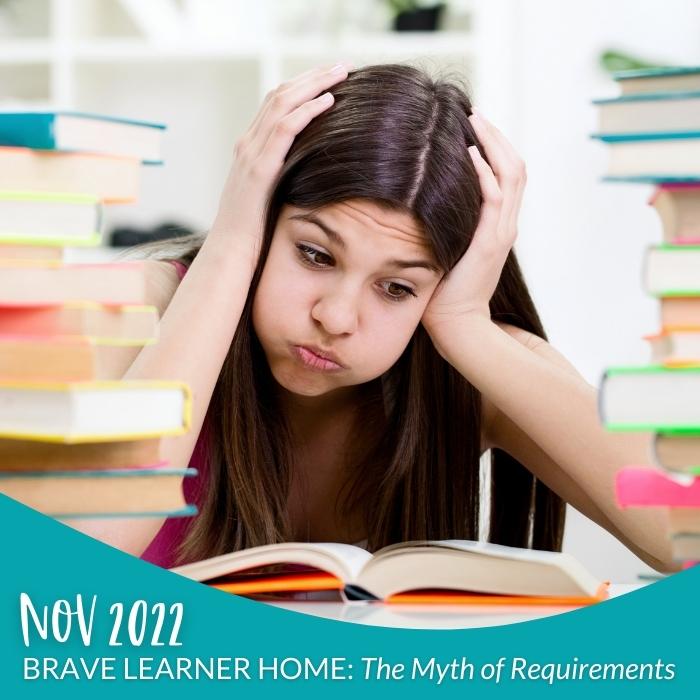
Sometimes when homeschooling, I thought I wasn’t doing enough.
Somewhere along the way, I had acquired the belief: rigor is the key to learning.
Do you think like this? A rigorous education means being prepared for the next step in life, whether it’s middle school, high school, or college?
Yet at the same time, I also wanted to keep joy alive.
I’ve got good news for you:
It’s possible to have a rich, requirement-meeting, joy-filled homeschool!
Rigor? Not necessary.
Join us in Brave Learner Home and check out the webinar, The Myth of Rigor and Requirements in Homeschool.
You’ll get practical steps you can implement right away!


